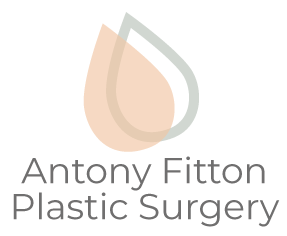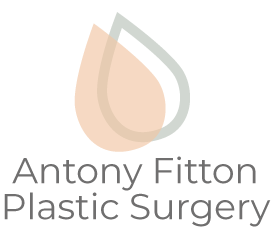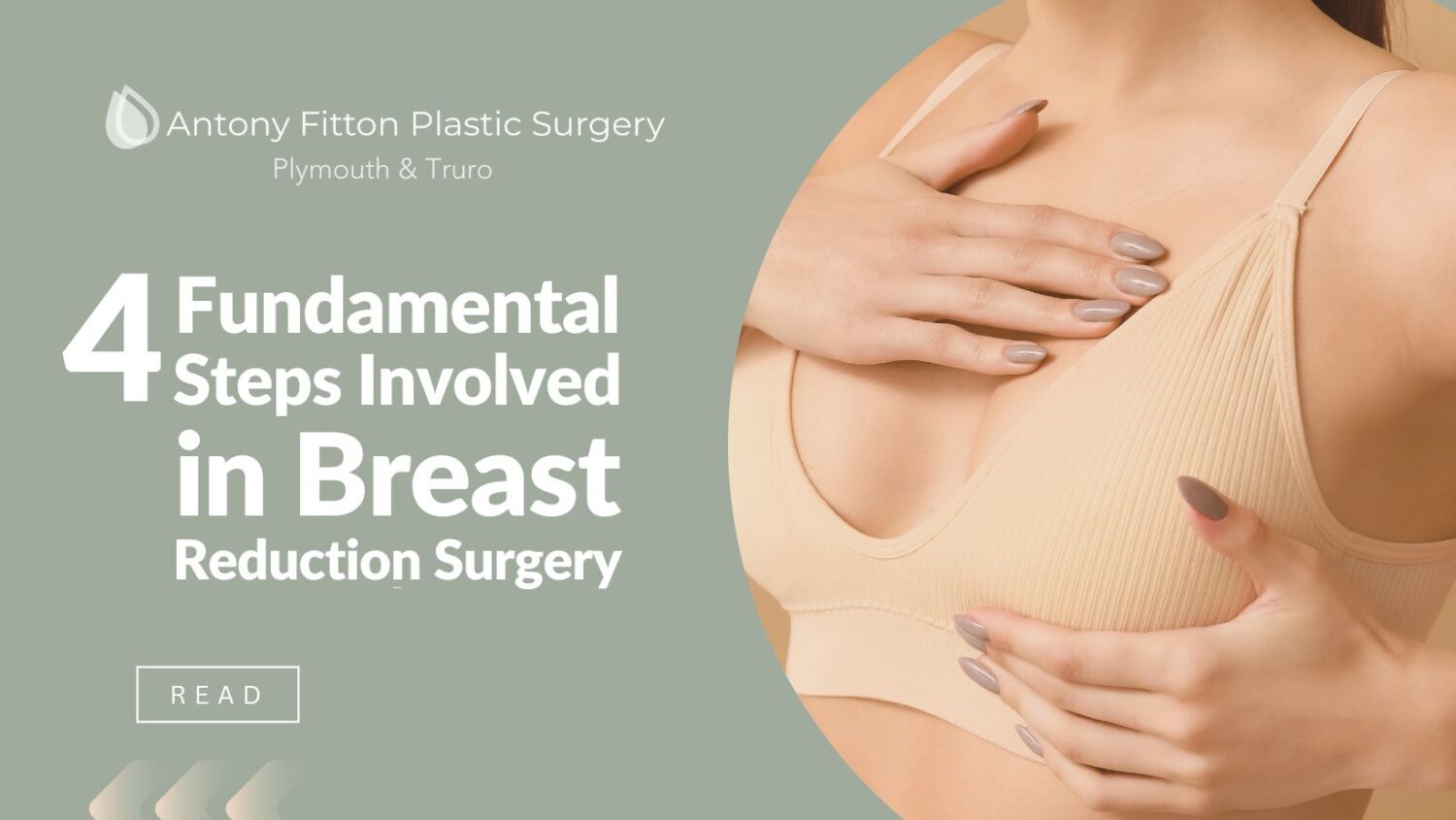
4 Fundamental Steps Involved in Breast Reduction Surgery
Breast reduction surgery, also known as reduction mammoplasty, is a procedure designed to reduce the size and reshape the breasts, alleviating physical discomfort and improving overall body proportions.
This surgical intervention is often sought by individuals experiencing significant discomfort, pain, or emotional distress due to excessively large breasts. Here, we delve into the process of breast reduction surgery, addressing common questions and concerns.
The 4 Steps Involved in Breast Reduction Surgery:
STEP 1: Consultation and Evaluation
Initial Assessment:
Your journey typically begins with a consultation with a board-certified plastic surgeon like Mr Fitton. During this session, you’ll discuss your medical history, motivations for surgery, and expectations.
Physical Examination:
Mr Fitton will conduct a thorough examination, assessing breast size, shape, skin quality, and nipple placement. He will also take measurements and photographs for reference.
STEP 2: Pre-operative Preparation
Medical Clearance:
Depending on your health status, additional medical evaluations or tests (e.g., mammograms) may be required to ensure you are fit for breast reduction surgery.
Discussion of Options:
Mr Fitton will explain the surgical technique, potential risks, expected outcomes, and post-operative care instructions. He will also discuss whether to go through a public or private healthcare route, weighing the benefits of each based on your specific circumstances.

Mr Fitton will explain the breast redsurgical technique, potential risks, expected outcomes, and post-operative care instructions.
STEP 3: Breast Reduction Procedure
Anaesthesia:
Breast reduction surgery is typically performed under general anaesthesia, ensuring you are completely unconscious and pain-free during the procedure.
Incision Placement:
Mr Fitton will make incisions according to the planned technique, which may include around the areola, vertically down to the breast crease, and possibly horizontally along the crease.
Tissue Removal and Reshaping:
Excess breast tissue, fat, and skin are removed, and the remaining tissue is reshaped to achieve a smaller, more proportionate breast size.
Nipple Repositioning:
If necessary, the nipple and areola complex are repositioned to a higher, more natural position on the newly shaped breast mound.
STEP 4: Recovery and Post-operative Care
Hospital Stay:
You may stay overnight in the hospital for monitoring, especially if both breasts were operated on simultaneously.
Pain Management:
Discomfort following a breast reduction is managed with prescribed pain medications, and you’ll be advised on how to care for your incisions to promote healing and minimise scarring.
Follow-up Appointments:
Regular follow-up visits with Mr Fitton are scheduled to monitor healing progress, remove stitches, and address any concerns.

Breast reduction surgery is typically performed under general anaesthesia, ensuring you are completely unconscious and pain-free during the procedure. .
Pain levels can vary among individuals, but most patients report manageable discomfort during the initial recovery period. Pain medications prescribed by Mr Fitton help alleviate any discomfort.
When performed by a qualified, experienced plastic surgeon like Mr Fitton, breast reduction surgery is generally considered safe. However, as with any surgical procedure, there are risks such as infection, scarring, changes in nipple sensation, and asymmetry. Mr Fitton will discuss these risks during your consultation.
The decision to opt for private or public healthcare depends on various factors including waiting times, access to specific surgeons, and your insurance coverage. Private healthcare often offers shorter waiting times and greater control over your choice of surgeon and hospital.
Beyond reducing physical discomfort, breast reduction surgery can enhance self-esteem, improve posture, and allow for a more active lifestyle free from the limitations imposed by large breasts.
Breast reduction surgery is a transformative procedure that can significantly improve the quality of life for individuals struggling with the physical and emotional burdens of overly large breasts.
By understanding the process, risks, and benefits, you can make an informed decision about whether this surgery is right for you. Consultation with a qualified plastic surgeon is crucial for personalised advice and guidance tailored to your individual needs and goals.
Summary
Managing your expectations about plastic surgery is important regardless of which procedure you wish to have done. It’s critical to have realistic expectations about plastic surgery and to also ensure you are on the same page as your surgeon.
To find out more about having a treatment, book your no-obligation consultation. You will meet with Antony Fitton and receive expert advice tailored to your needs.
Please call us on 07494 250277 or book your consultation using our online form.
For a no-obligation quote
For a no-obligation quote, tailored specifically to you, please book in for your consultation with Mr Fitton. Your requirements will be discussed in full confidence in a friendly and relaxed atmosphere.
Following your consultation, the price you are quoted includes everything and there are no extra or hidden costs. Advice, treatment and aftercare are all part of our package to ensure your experience is positive from beginning to end.

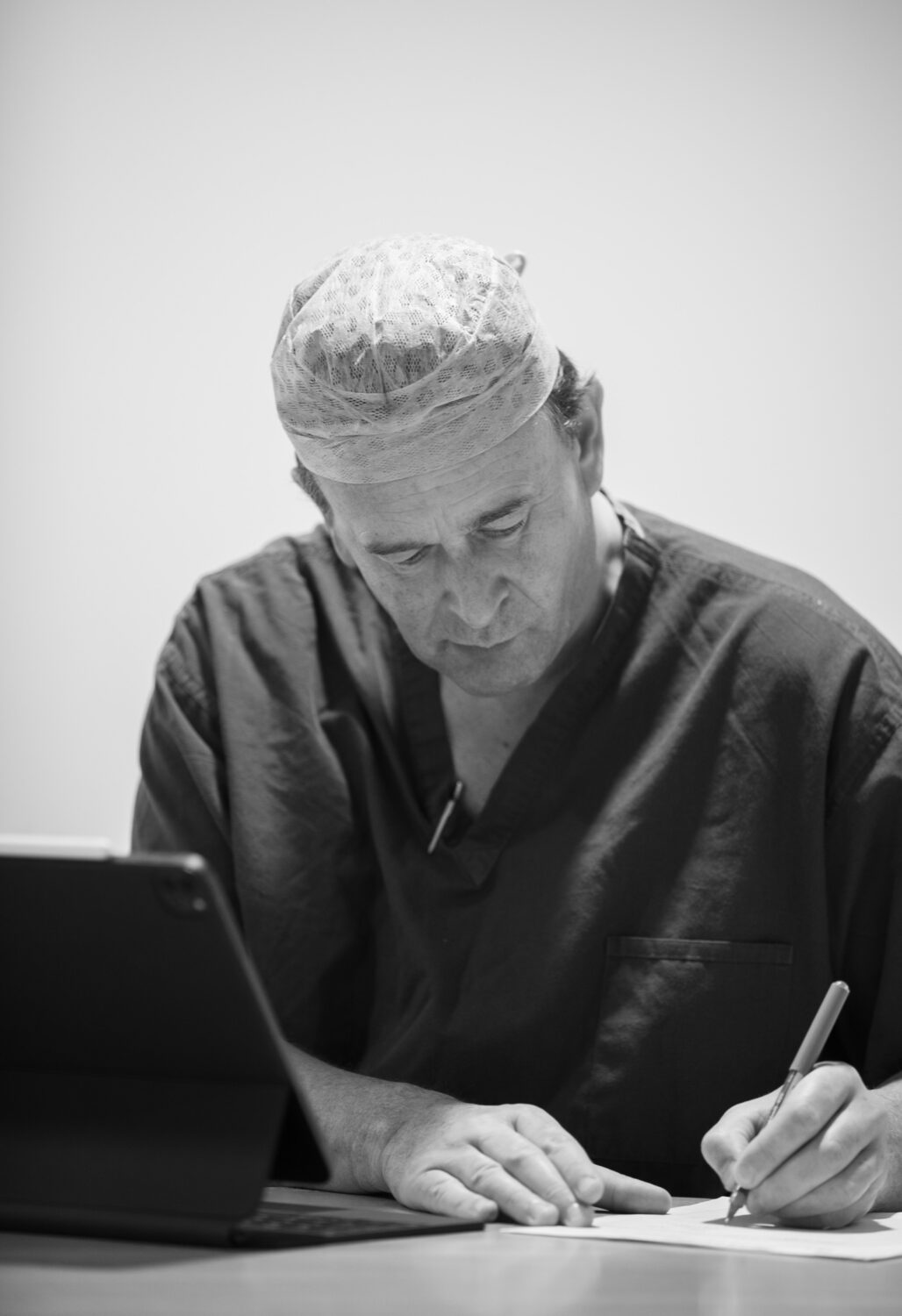
About your Plastic Surgeon: Mr Antony Fitton
MB, BS(hons)., MD., FRCS(eng)., FRCS(plast).
Mr Antony Fitton qualified at the Royal London Hospital in 1989 with distinction in Surgery. He holds an MB, BS(Hons)., MD., FRCS(eng). and FRCS(plast). (Fellowship at the Royal College of Surgeons).
He is a member of BAPRAS (British Association for Plastic, Reconstructive and Aesthetic Surgeons), BAAPS (British Association for Aesthetic Plastic Surgeons), and BSSH (British Society for Surgery of the Hand).
Mr Fitton has received the Paton & Masser Award and the CM Matthews Award from the Royal College of Surgeons of England for his research in nerve injury.
Mr Fitton is licensed as a Plastic and Reconstructive Surgeon by the GMC.
- 0% Finance Available
- Consultations and treatments are available at either the Nuffield Health Hospital, Plymouth or the Duchy Hospital, Truro
- Care Quality Commission Regulated
- GMC Specialist Registered Surgeon
- BAPRAS, BAAPS and BSSH member
- Registered MD
Life-changing result
"I just wanted to thank you (and your team) for the life-changing result of my top surgery. This will provide me with the freedom that I’m excited to enjoy, including being able to go swimming and actually staying cool in summer! All jokes aside, you have helped to mark a new chapter in my life, for which I am incredibly grateful… ALL the best."
Our appearance has an impact on how others perceive us. We are experts in creating an improved version of you. Click on a procedure below for more information.
Body surgery (or contouring) can involve all or one of the following, with prime focus on areas such as the buttocks, tummy, thighs, arms, and breasts. Click on the links below for more information.
There are several different types of hand surgery but all aim to restore functionality while making the hand look as normal as possible. Click on the links below for more information.

Should I Lose Weight Before a Tummy Tuck?
Discover if you should I lose weight before a tummy tuck and if it can enhance your surgery results
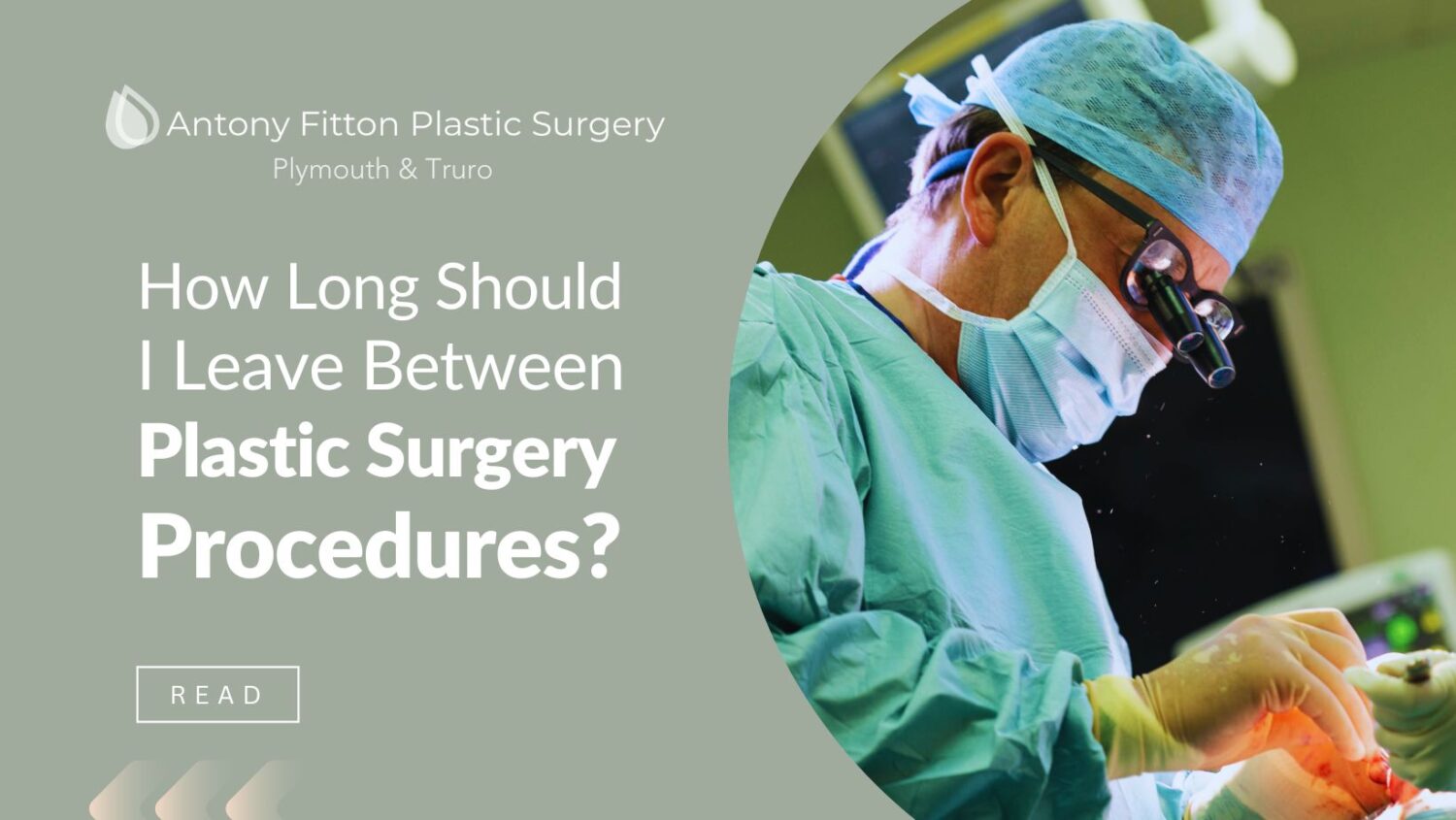
How Long Should I Leave Between Plastic Surgery Procedures?
Discover how long you should leave between plastic surgery procedures for optimal recovery and effec
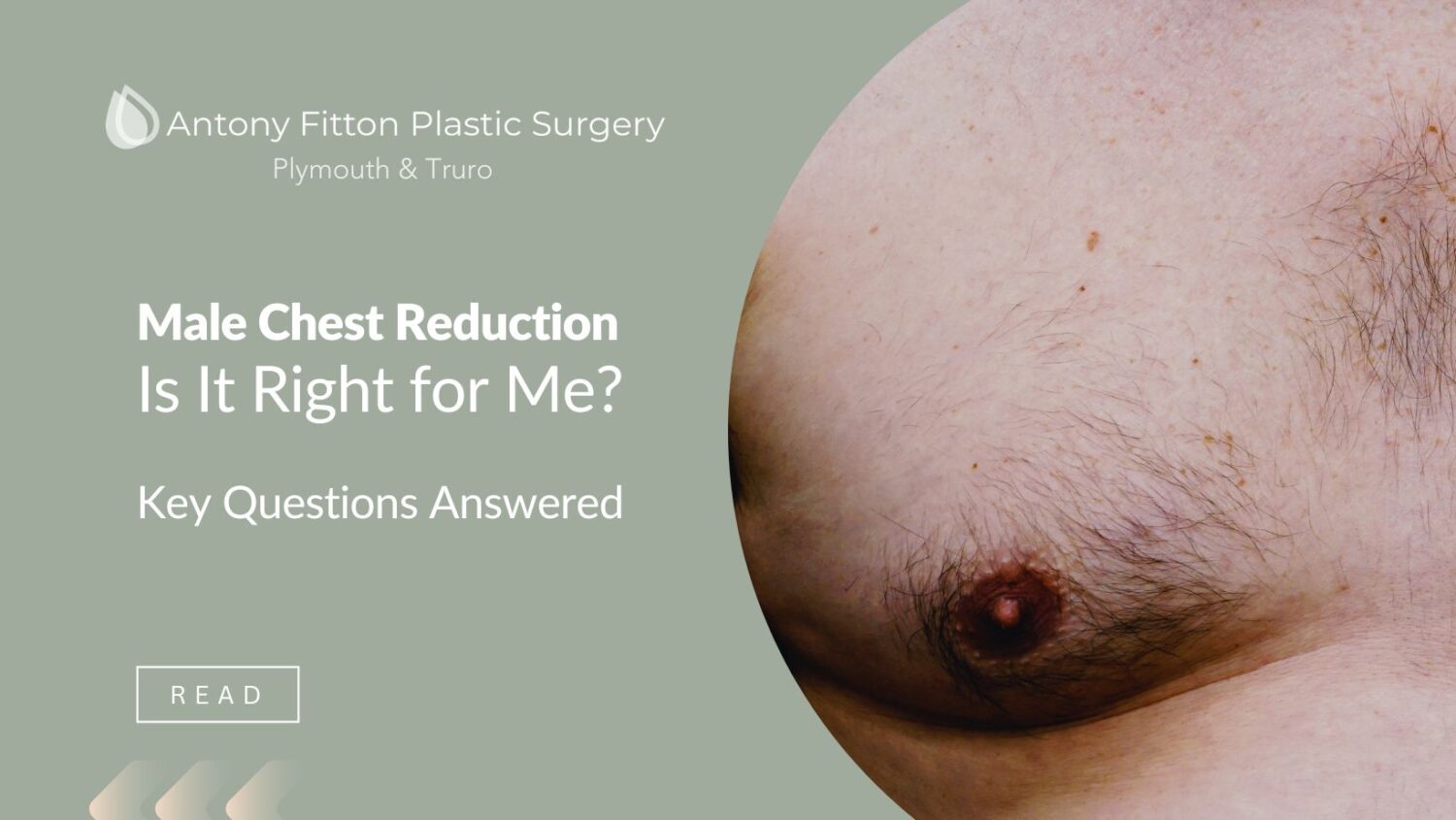
Is Male Chest Reduction Right for Me? Key Questions Answered
Is Male Chest Reduction Right for You? This blog answers crucial questions on gynecomastia surgery s



